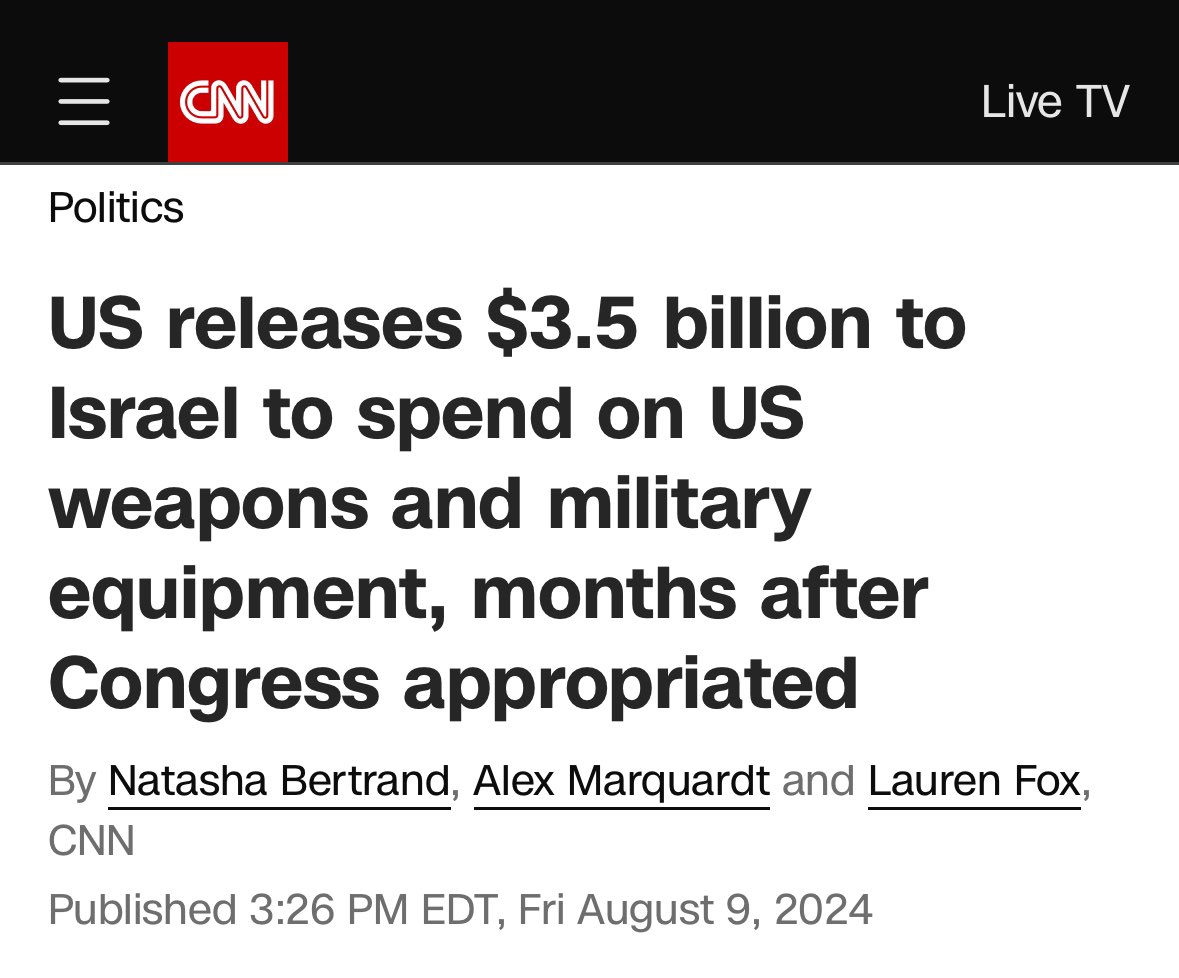Aesthetics, plus the seductive appeal that pre-modern, pre-liberal-democratic societies (when the governments were authoritarian, the women were submissive, and the men “were men”) have for reactionaries, incels, and cryptofacists.
- 2 Posts
- 521 Comments
 16·2 months ago
16·2 months agoWhile I’d personally argue that the quality of the character development, writing, and storytelling in the show doesn’t even achieve the level of “fine”, you’re right in that 1) people should be allowed to enjoy things in peace and 2) RoP in particular attracts criticism which is often hyperbolic. At the same time, however, there should also be the freedom to honestly critique a piece of media without being labeled as a hater, obsessive fanboy, or a neckbeard, etc. Especially when dealing with an IP as treasured as Tolkien’s.
Whether you find this article excessive in its criticism or not, the writer makes the very valid point that the media landscape today is becoming increasingly saturated with this 'memberberries/nostalgia/callback type of storytelling, along with the constant stream of prequels and sequels based on this formula. People are growing tired of it, and Rings of Power has it deep in its bones.
For a good examination of the showrunners’ over-reliance on referencing the Jackson movie trilogy in lieu of interesting, original storytelling, I highly recommend this YouTube video. I think it really gets to the core of why so many people find RoP frustrating or disappointing as a show in its own right, let alone as a Tolkien adaptation.
 393·2 months ago
393·2 months agoHard to argue with him about the JJ-Abramsification of all things, or the perplexing fact that modern audiences appear to lap it up.
Watching season one of RoP felt undeniably reminiscent of watching The Force Awakens and almost hearing the audible *ding as yet another callback got checked off the list. It’s not art any more; it’s just content to be consumed.

 21·3 months ago
21·3 months agoAll true, but that doesn’t disprove my point. The risk was non-zero, so it was still worth investigating.

 44·3 months ago
44·3 months agoYes but the difference is that there were reasonable grounds to suspect that prolonged exposure to RF waves might possibly cause some harmful effects. The WHO didn’t categorize radio frequency radiation as a potential carcinogen based on no evidence at all:
https://www.iarc.who.int/wp-content/uploads/2018/07/pr208_E.pdf
The possibility of there being a link was not absurd, per se.

 106·3 months ago
106·3 months agoTo be fair, the evidence about a link between cell phone radiation and cancer has been inconclusive for quite some time. After all, a series of inconclusive or null results doesn’t mean there is categorically no link – it could equally mean that more research is needed.
That said, I do agree that if there were a casual link in this case then it would have made itself apparent by now, given the huge increase in cell phone usage over the past few decades.
Ear buds or IEMs typically have a much higher sensitivity than full sized headphones. The higher the output power of your PC’s headphone out, the louder your earbuds will be at any given volume %.
There isn’t anyway around this except to manually change the volume whenever you use your earbuds.
Sure, because our current economic system creates governments and laws that protect private capital and short-term exploitation at the expense of the natural world.
I do see hope in the book, though. Once you look beyond the human scale, it shows us that trees are always going to outlast us, no matter how hard we try to destroy our environment. The question is - can we learn from their patience and adaptability before we screw ourselves beyond the point of no return?
I haven’t finished it yet, but so far the fatalism seems to be balanced by the reminder that we are intrinsically linked to the natural world, and that it is never too late to seek solace in it.

 0·3 months ago
0·3 months agoAn arms embargo in some form is literally the only leverage the US has that could change Netanyahu’s mind, at this stage. Personally, I don’t think Kamala has the guts for it.
Same here, although I confess I wasn’t blown away by this one. I often find that while Ghibli films always crush it on the imagination front, the writing can be hit and miss. I understood the autobiographical origin of the plot, but there were several parts that felt underdeveloped or poorly explained. Overall, was good but definitely not up there with Mononoke or Spirited Away, imo

 41·3 months ago
41·3 months agoIt was bad. Not sure it was quite as terrible as #3, but definitely bad.

 51·3 months ago
51·3 months agoBut as I noted above, the average UK citizen is not in favor of strict immigration controls (legal or otherwise) and certainly not supportive of the recent riots.
Of those who are, the majority comes from lower-income areas that suffered the most under years of Tory austerity, which is understandable. But even then it’s really a case of the socioeconomic elites pointing the finger at immigrants rather than themselves.

As for the Muslim community, again there is good evidence to suggest that a lot of the fears you mentioned are unfounded. Surveys have shown that most feel that they belong in Britain and have no objections to integrating with the culture.
Again, the problem you tend to find is that extremists like Anjem Choudary are amplified by the press, giving the impressions that the Muslim community is incompatible with British values, when in fact the vast majority disagree with that statement.

 91·3 months ago
91·3 months agoIt’s ironic you mention ‘reality’, since the hysteria surround immigration is largely based on misinformation and xenophobic propaganda being spouted by right-wing politicians and media for well over a decade. This has led to a highly distorted view of the scale and severity of the issue.
First off, the mass migration of peoples seeking refuge from war and other geopolitical disasters is a global issue rather than something that is unique to the UK, but even then the UK has taken in far fewer asylum seekers relative to other EU countries.
For instance:
- When measuring the number of asylum applications per 10,000 citizens, the UK only ranks 20th when compared to other EU countries.
- In terms of migrants arriving by boat, the UK is well behind other EU countries like Italy, Greece, and Spain.
- Despite the obsession with small boat crossings, they represent only a tiny fraction of overall arrivals. The vast majority of immigrants still come through official channels for work, study, etc.
Also, the UK population is actually pretty positive when it comes to immigration:
- In a global survey, 55% of UK citizens said immigration was a net positive, and only 30% were in favor of strict limits.
The paranoia about immigrants causing higher crime rates is also based on a myth:
- The overall rates of violent crime has been steadily falling for decades despite a steady rise in the number of foreign-born citizens.
- There is no evidence that an increase in the rate of foreign-born citizens even correlates with a rise in burglaries, thefts, and other property crimes.
All this is to say that a lot of the anger inflaming these racists riots come from a combination of political and media misinformation and many people’s innate prejudice towards non-Europeans.

 2·3 months ago
2·3 months agoJust don’t take it too seriously, I would say. Not every news piece from the same source is going to be of the same quality or bias.

 0·3 months ago
0·3 months agoMeanwhile…

 12·3 months ago
12·3 months agoWith each passing week, there are more and more parallels to the aftermath of 9-11. Israel has now even had its own equivalent to the leaked photos of prisoners (held without trial) being degraded, tortured, and sexually assaulted at Abu Grahib.
It’s depressing watching history repeat itself within your own lifetime, even despite the far greater visibility of Israel’s war crimes thanks to the internet.

 133·3 months ago
133·3 months agoWhen I was on in Reddit I used to do it all the time, but writing everything out, organizing it and including citations etc. can be rather time-intensive.
These days, I’ll leave a quick comment on a post if I have enough time, but nothing major.

 754·3 months ago
754·3 months agoI used to be a fan of it, but in the past couple of years I’ve seen MBFC rate sources as “highly credible” that are anything but, particularly on issues involving geopolitics. That, plus the inherent unreliability of attempting to fix an entire news outlet to a single point on a simple Left <-> Right spectrum, has rendered it pretty useless, in my opinion.
There days I’m much more of the opinion that it’s best to read a variety of sources, both mainstream and independent, and consider factors like
- is this information well-sourced?
- is there any obvious missing context?
- is this information up to date?
- what are the likely ideological biases of this writer or publication?
- What is the quality of the evidence provided to support the claims made in the article?
And so on. It’s much better this way than outsourcing your critical thinking to a third party who may be using a flawed methodology.






According to this YouGov poll of least <> most trusted news sources , CNN lands bang in the middle of the pack. So not as bad as FOX, but not as high as PBS or ABC.
As for my own 2¢, all the US cable news channels are varying degrees of bad. Best to avoid, generally speaking.